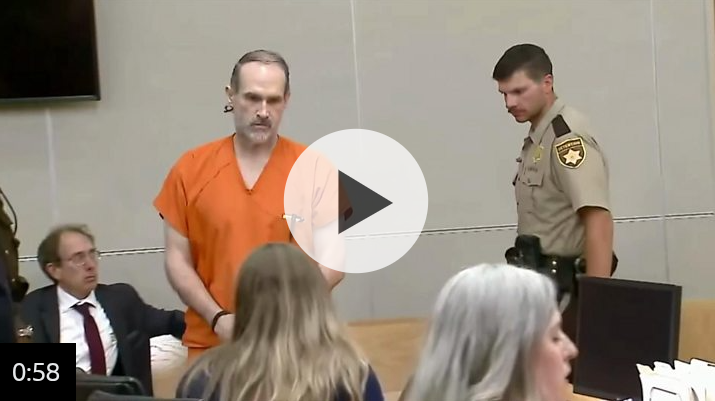As the 119th Congress convenes, House Republicans have placed the Safeguard American Voter Eligibility (SAVE) Act at the forefront of their legislative agenda. This controversial bill, which mandates proof of citizenship for voter registration in federal elections, has sparked intense debate. House Speaker Mike Johnson emphasized the party’s commitment to securing elections, protecting borders, and advancing conservative priorities. The SAVE Act, previously passed by the House in July 2024 but blocked by the Democratic Senate and President Biden, is now poised for reconsideration following the GOP’s recent electoral gains.
The push for the SAVE Act is rooted in claims of safeguarding elections from noncitizen voting, a practice already illegal and exceedingly rare. Republicans have framed the bill as a necessary measure to address alleged vulnerabilities in the electoral system, often linking it to broader concerns about immigration and border security. However, critics argue that the legislation is a solution in search of a problem, with the Biden administration asserting that existing state-level safeguards already ensure voter eligibility. Democrats have accused Republicans of using the bill to sow distrust in the electoral process, particularly in the aftermath of the 2024 election.
The SAVE Act’s potential impact on eligible voters has raised significant concerns. A University of Maryland study from June 2024 revealed that approximately one in ten voting-age citizens lacks easy access to documentary proof of citizenship, such as birth certificates or passports. This issue disproportionately affects marginalized communities, particularly people of color, who are less likely to possess or have access to such documents. Critics warn that the bill could disenfranchise millions of eligible voters, exacerbating existing inequalities in the electoral system.
Beyond the SAVE Act, House Republicans have outlined a broader legislative agenda that includes several immigration-related bills. These proposals range from deporting individuals convicted of minor crimes to tightening border security, reflecting the party’s focus on immigration as a central issue. The GOP’s renewed emphasis on these measures comes as former President Donald Trump prepares to return to the White House, signaling a potential shift in the political landscape.
As the SAVE Act moves closer to consideration, its fate remains uncertain. While Republicans now control both chambers of Congress and the presidency, the bill’s controversial nature ensures it will face fierce opposition. Beyond the SAVE Act, other voter suppression measures, such as the American Confidence in Elections (ACE) Act, may also resurface, further intensifying the debate over voting rights. With the stakes high for both parties, the coming weeks will likely see heated discussions about the future of American democracy and the integrity of its electoral system.






